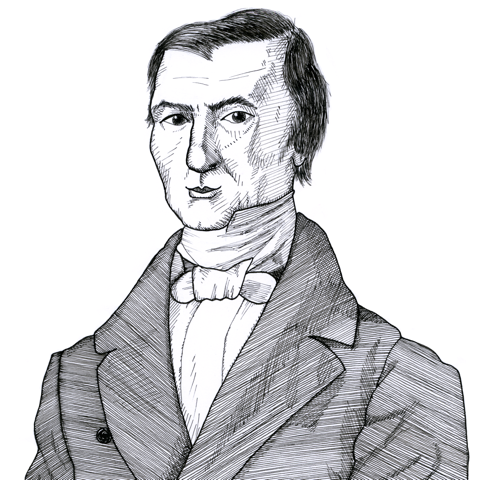
Bastiat on trade as a the mutual exchange of “a service for another service” (1848)
The French economist Frédéric Bastiat (1801-1850) believed that all exchanges in the free market could be seen as a trade of one “service” for another service of equivalent value:
Economics
What makes a man refuse an exchange? It is his knowledge that the item being offered to him would require less work from him than the item demanded from him. It is absurd to say to him, “I have worked less than you, but gravity helped me and I have included it in the calculation.” He will reply, “I can also use gravity with work that is equal to yours.”
When two men are isolated, if they work, it is to provide a service to themselves. Where an exchange is involved, each person is providing a service to the other and receives an equivalent service in return. If one of them is helped by some force of nature that is at the disposal of the other, this force will not be included in the bargain as the right to refuse will oppose this.